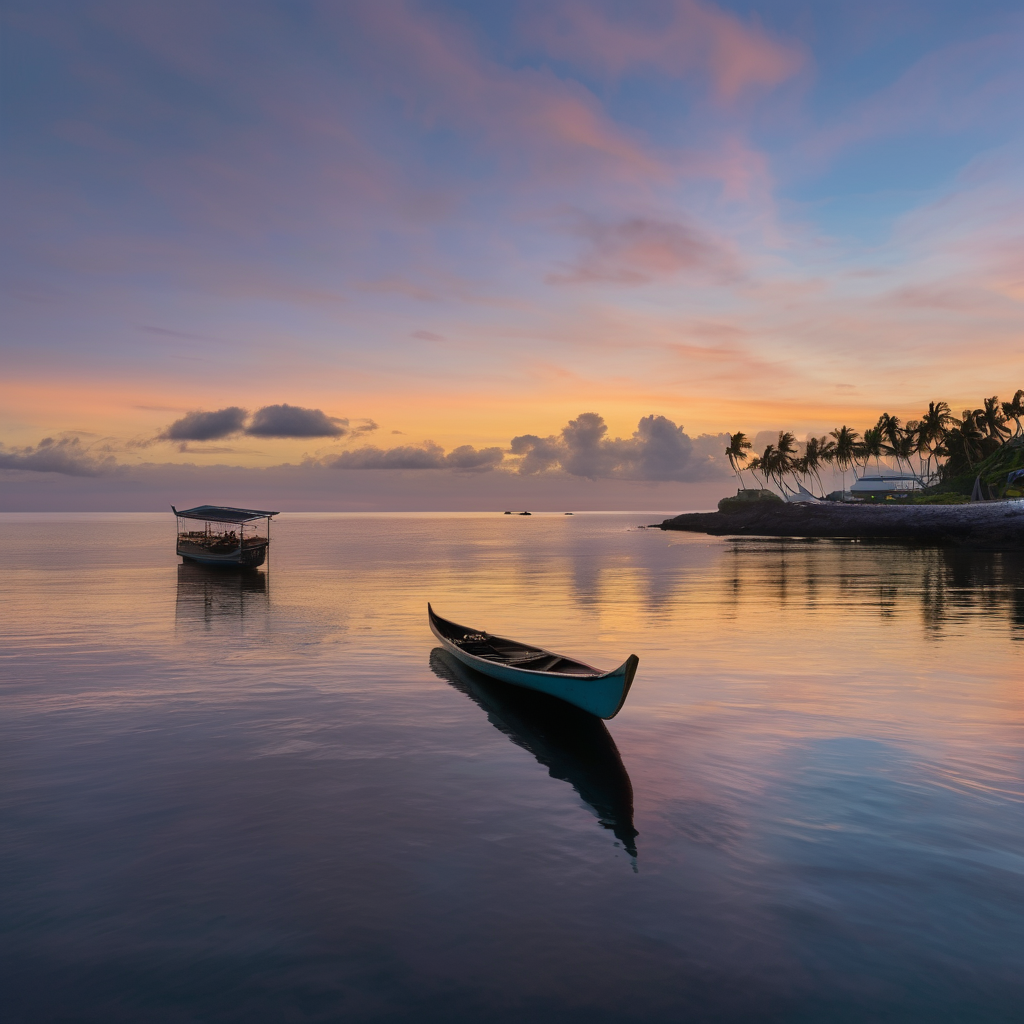The urgency of tackling climate change took center stage as Pacific island leaders gathered for the 80th session of the United Nations General Assembly in New York during the last week of September. Micronesian President Wesley Simina expressed the collective sentiment when he stated, “The climate crisis is not up for debate. The only question is whether we will act with the urgency it demands.” The leaders from the Pacific reinforced a unified message: climate change poses an immediate peril, not a distant threat, as rising sea levels substantially threaten their nations.
UN Secretary General António Guterres echoed this plea for immediate action, emphasizing the need for a decisive shift toward clean energy. He asserted that the global effort must prioritize finance and equity, as “dramatic emissions cuts” are essential to achieve the targets set forth in the Paris Agreement, which aims to limit global warming to 1.5°C.
Discussions during the assembly also reflected contention regarding proposed deep-sea mining initiatives. Countries such as Nauru, the Cook Islands, and Kiribati are advocating for seabed mining as a means to transition away from fossil fuels. However, this has led to significant debate in the region. President Simina warned that any such initiatives must be guided by thorough scientific understanding and community consultation, stressing the potential ecological risks if approached without caution.
Palau President Surangel Whipps Jr. further warned against viewing deep-sea mining as a “silver bullet” for climate challenges, highlighting concerns over potential irreparable harm to biodiversity and fisheries that are vital for Pacific communities. His concerns echo the sentiments expressed at the Third UN Ocean Conference, where Palau, along with 38 other nations, backed a moratorium on seabed mining until its environmental impacts are better understood.
Current exploration efforts include the U.S. Bureau of Ocean Energy Management initiating processes for deep-sea mineral exploration off American Samoa, originally propelled by a directive from former President Donald Trump. This has raised alarms among environmental groups urging for stricter safeguards against ecological degradation.
The Marshall Islands have voiced firm opposition to such mining in international waters, calling for a moratorium until appropriate protections and a comprehensive understanding of biodiversity impacts are established. President Hilda Heine asserted that while the economic prospects of seabed mining are promising, they should not jeopardize the region’s waters and fisheries irreversibly.
In contrast, Nauru President David Adeang defended his country’s seabed mining plans, advocating for a balanced approach that honors member state rights while pursuing essential economic opportunities. He stressed that neglecting responsible recovery could hinder necessary advancements in mineral extraction essential for moving away from fossil fuels.
As these leaders navigate the challenging intersection of climate action and economic aspirations, there is a growing demand for a more robust regulatory framework governing deep-sea mining. There is a shared hope that a careful, scientifically informed approach can reconcile the urgent need for climate action with environmental stewardship. Acknowledging the interconnectedness of ocean ecosystems and the pressing climate crisis presents an opportunity for Pacific island nations to not only act as cautionary voices but also to emerge as leaders in sustainable practices that integrate economic development with the conservation of their rich marine biodiversity.
